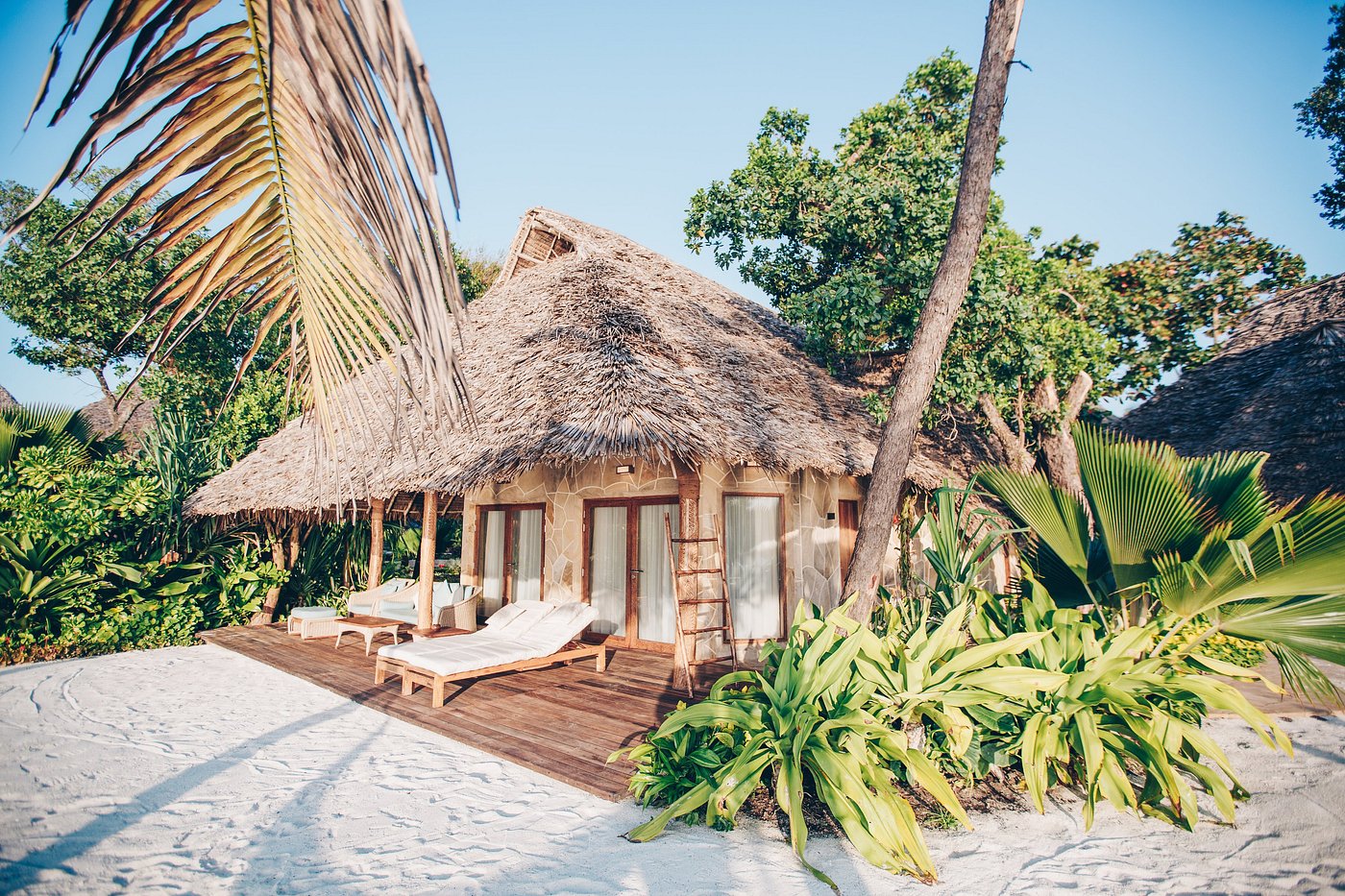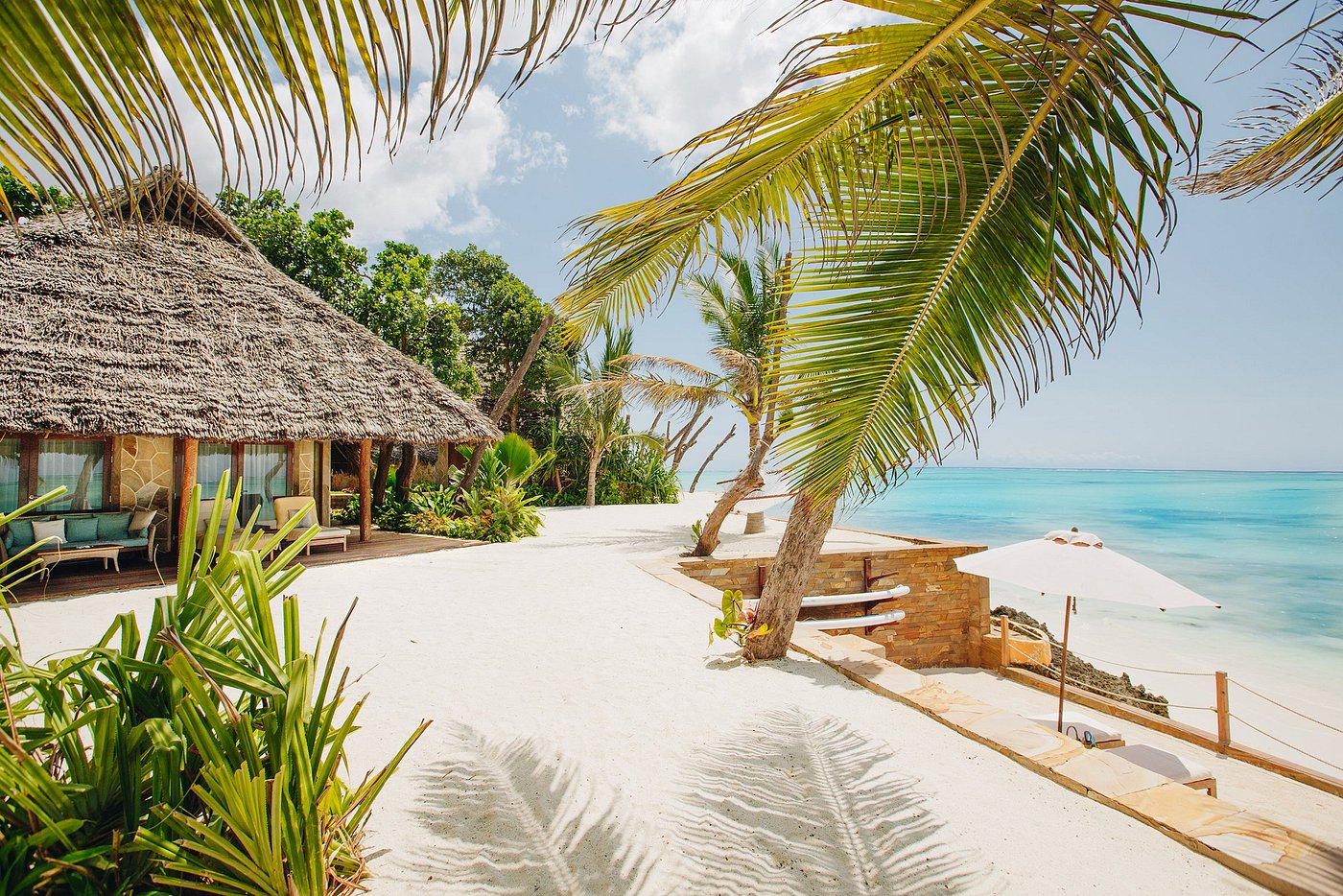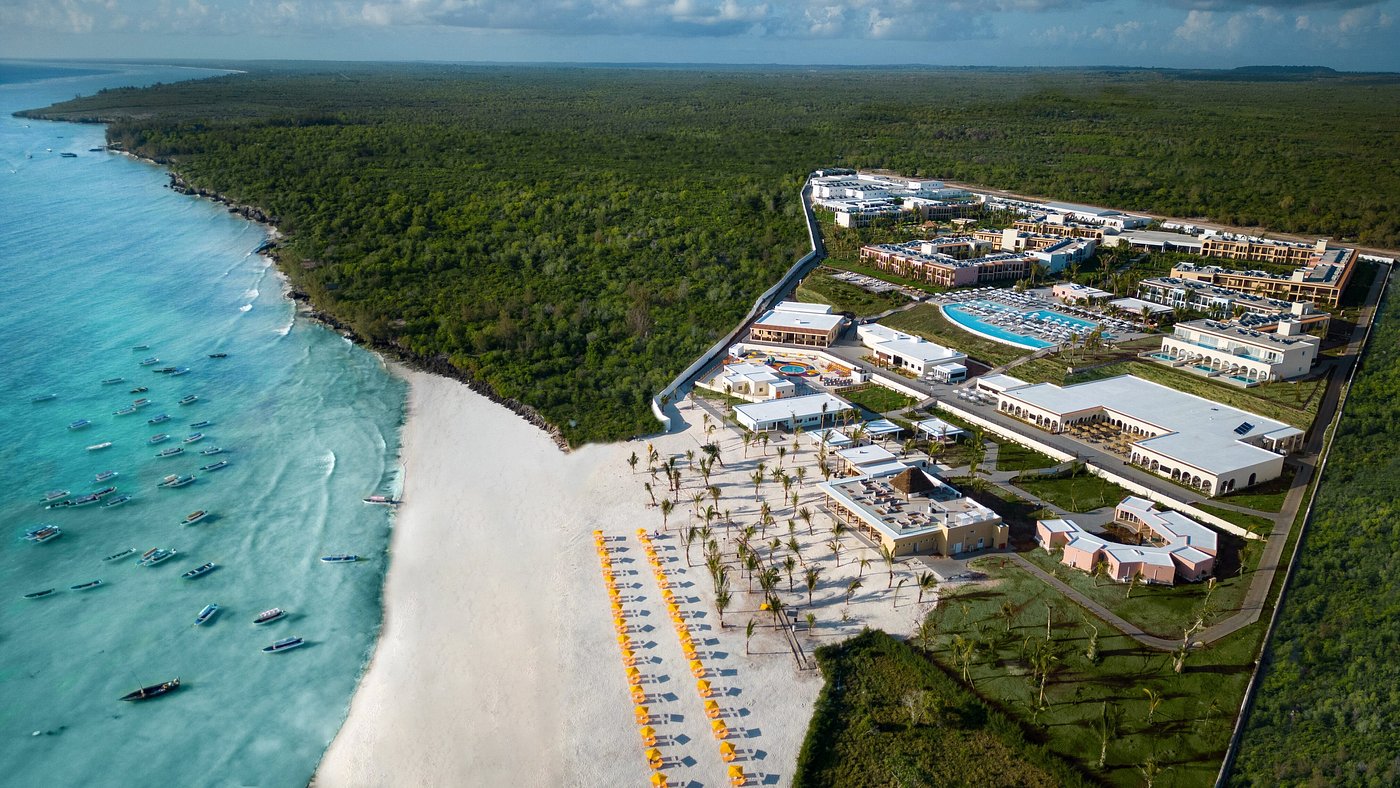ZANZIBAR ISLAND
Zanzibar Island, also known as Unguja, is a stunning destination located off the coast of Tanzania in East Africa. Famous for its pristine beaches, rich history, and vibrant culture, Zanzibar is a must-visit for travelers seeking an exotic retreat.
LET’S HELP YOU PLAN
The Enchanting Jewel of the Indian Ocean.
Zanzibar is a stunning East African archipelago brimming with picturesque views and vibrant cultures. Practically a world in itself. This Tanzanian wonder is a unique blend of breathtaking beaches, rich history, and resilient marine life that visitors can’t help but fall in love with. Nestled in the Indian Ocean, just off the Tanzanian coast. Zanzibar stands as an irreplaceable jewel on Africa’s crown capturing the hearts of adventurers, history buffs, and beach lovers alike.
Zanzibar is beyond a paradisical gateway. It’s a collage of cultural impressions, marine kaleidoscopes, and historical narratives. So whether you’re a history enthusiast, a beach lover or a marine explorer, Zanzibar will engrave captivating chapters onto your travelogue. Your tropical escapade awaits in this jewel of the Indian Ocean!
Marine Life and Beaches: Zanzibar’s Azure Wonderlands
Plunging into the aquamarine waters of Zanzibar opens up a vibrant world hidden underneath. The archipelago is home to a dizzying variety of marine life, vibrant coral reefs, and dolphins. This makes it a paradise for snorkeling and diving enthusiasts. The Mnemba Atoll Marine Reserve is especially popular with divers due to its healthy coral life, frequented by charismatic sea turtles and vibrant fish of all shapes and sizes.
The beaches of Zanzibar, with their powdery white sands, serve as the perfect backdrop for stunning Instagram-worthy photos. Unwind at Nungwi or Kendwa, both famous for their serene atmosphere and swimming-friendly waters. Paje and Kiwengwa beaches offer visitors more solitude with a further emphasis on the natural environment.
Offering an alluring blend of natural beauty and unique charm, Zanzibar’s coastline boasts some of the world’s most exquisite beaches. Sprawled across the east, west, north, and south of the island, each coast offers a distinctly varied beach experience that caters to a myriad of visitor expectations.
East Coast Beaches.
Leading the way on the east coast is Paje Beach. Admired for its vast white sands and turquoise waters, Paje serves as a magnet for watersports enthusiasts, particularly kitesurfers. Slightly further south, Jambiani Beach invites visitors to immerse themselves in Zanzibar’s local culture, with opportunities to witness seaweed harvesting and traditional dhow-building.
West Coast Beaches.
The west coast is home to the legendary Stone Town Beach, adjacent to the charismatic Stone Town itself. While not as pristine as others, its accessibility and sunset views offer a unique appeal. Further north, Mangapwani Beach provides a serene retreat, offering unspoiled natural beauty and historical sites, including the Mangapwani Slave Caves.
North Coast Beaches.
The northern tip of Zanzibar is marked by the bustling Nungwi Beach, popular for its stunning sunsets, vibrant beach life, and excellent swimming conditions. Nearby, Kendwa Beach offers a tranquil alternative with its calm waters, broad sandy beachfront, and renowned full-moon parties.
South Coast Beaches.
n the south, Kizimkazi Beach provides a haven for those seeking solitude, popular for dolphin tours and snorkeling opportunities. Closer to Makunduchi, a lesser-known Makunduchi Beach attracts visitors with its cultural allure, particularly during the annual Mwaka Kogwa festival.

History & Culture Of Zanzibar
Zanzibar, often known as the ‘Spice Island’, offers more than idyllic beaches and lush spice gardens. Its rich history and diverse culture set it apart, turning it into an island of stories waiting to be discovered.
Over the centuries, Zanzibar has been a melting pot of cultures. Arab, Persian, Indian, and European influences can be seen and felt throughout the island, creating a unique cultural tapestry. This cultural mix is a result of Zanzibar’s strategic location along ancient trade routes.
The history of Zanzibar is rooted in trade, particularly the spice and slave trades, indelibly shaping the island’s identity. Even today, the aroma of cloves, nutmeg, cinnamon, and black pepper wafts through the air, a testament to Zanzibar’s nickname as the ‘Spice Island’.
Perhaps one of the best places to delve into Zanzibar’s history is Stone Town, a UNESCO World Heritage Site. Stone Town, named for its coral stone buildings, is a tribute to Zanzibar’s rich history. As you wander through its narrow streets, you’re walking in the footsteps of sultans and explorers. The town’s unique architectural blend of Swahili, Arab, Persian, Indian, and European influences offers visual storytelling of its storied past.
From the former slave market site to the Sultan’s palace, every corner of Stone Town has a tale to tell. The Old Fort, the oldest building in Stone Town, is a symbol of Zanzibar’s struggle against the Portuguese. Meanwhile, the House of Wonders, one of the most prominent landmarks, speaks of the island’s affluent era under the rule of sultans.
Every year, Zanzibar hosts the Sauti za Busara music festival, a celebration of music from all over Africa, further showcasing the island’s cultural diversity. Traditional Taarab music, a fusion of African, Arab, and Indian music, can be heard echoing through the streets, adding rhythm and vibrancy to Zanzibar’s narrative.
In Zanzibar, history and culture aren’t confined to museums; instead, they’re woven into the fabric of daily life. Each spice sold in the market, every building lining the streets of Stone Town, and every traditional tune provides insights into an incredibly diverse and rich cultural heritage.
So, if you journey to Zanzibar, take a step back from the beach and delve into its history and culture. It’s an exploration that enriches the mind and enlightens the soul, taking you on a journey through time and traditions.

Top Things to Do & Enjoy in Zanzibar: Not Just Sand and Sea
Zanzibar is indeed a sensory delight, offering bleached white sands against the shimmering turquoise waters, lush forests harboring unique wildlife, vibrant towns bustling with character, and treasured historical sites narrating tales of the island’s past. However, the magic of Zanzibar lies not just within its postcard-perfect landscapes, but also in the myriad of unforgettable experiences it provides its visitors. Now, let us explore the top things you must do while you’re in Zanzibar, to truly immerse yourself in the essence of this paradisiacal archipelago.
- Aromatic Excursion: The Zanzibar Spice Tour. Dive headfirst into Zanzibar’s fragrant past with a Spice Tour, tracing the legacy of the island’s age-old spice industry. From nurturing cloves, nutmeg, black pepper to exotic vanilla, explore the lush plantations, learn about the cultivation process, and indulge in a flavorful feast, enriched by these freshly grown spices.
- The Footprints of History: Zanzibar Walking Tour. Discover Zanzibar’s living history through immersive walking tours. Trek through the soulful lanes of Stone Town, experience authentic Swahili life in the local neighborhoods, or hike through the Ngezi Forest, unveiling the ecological wonders of the region. These tours offer an unparalleled way to absorb Zanzibar’s rich tapestry.
- Culture and Architecture Voyage: Zanzibar Town Tour. Unearth Zanzibar’s vibrant cultural montage via a tour of its historic towns. Investigate the architectural grandeur of Stone Town’s winding alleys or the ecological marvels in Nungwi Village. Unveiling the cultural fiber of the island, these tours are the perfect blend of history, culture, and breathtaking vistas.
- Riding the Wave: Kite Surfing in Zanzibar. Embrace the thrill and experience the wind in your hair with Zanzibar’s kite surfing. Ideal for seasoned surfers or beginners keen on a new adrenaline rush, Zanzibar’s pristine waters and steady winds provide a perfect playground for this exhilarating adventure sport.
- Pedalling Through Paradise: Zanzibar Bike Tour. Capture the untouched beauty of Zanzibar through leisurely bike tours. Cycle along coconut-fringed coastlines, through fragrant spice farms, and quaint local villages. The Bike Tours not only offer an eco-friendly way of exploration but also a unique perspective on Zanzibar’s daily life.
- Green Spaces Await: Visiting the Jozani Forest. Venture into the heart of Zanzibar’s green biodiversity in the Jozani Forest. Take a guided tour, become acquainted with the rare Red Colobus Monkeys, wander through lush mangrove forests, and traverse the wooden boardwalks while learning about the unique ecology that thrives in this natural wonderland.
- Safari Blue Excursion in Zanzibar. Embark on a Blue Safari for an unrivaled aquatic adventure. Snorkel among the diverse marine creatures, frolic with amiable dolphins, and dine on a freshly prepared seafood lunch on a secluded sandbank. This truly is an exploration of Zanzibar’s rich marine bounty and a truly unforgettable experience.
- Culinary Delights: Dining at The Rock Restaurant. Perched on a rock in the middle of the ocean, The Rock Restaurant is a must-visit culinary gem. A sea view like no other complements your gastronomic journey as you savor fresh seafood, local cuisines, and tropical cocktails. Enjoy the breathtaking view of the Indian Ocean and let the flavors of Zanzibar dance on your tongue.

Weather & Climate.
Resting near the equator and cushioned by the Indian Ocean, Zanzibar enjoys a balmy tropical climate which showcases the vibrant natural beauty of the archipelago all year round. The average temperature in this tropical paradise ranges from 26°C (78°F) to 28°C (82°F), making Zanzibar a warm retreat for sun seekers. The coastal region benefits from the cooling effect of the ocean winds, rendering the heat more bearable and enhancing the pleasant beachside experience that Zanzibar is widely revered for.
The island follows a typical tropical weather pattern, with the year being divided into two rainy seasons and two dry seasons. The first rainy season, known as “Masika,” occurs from March to May, with April seeing the heaviest downpours. Despite the rains, temperatures persist in the mid-20s to low 30s, creating a beautiful, misty ambiance frequently adorned with rainbows.
Then comes the second rainy season which happens between November and December; these rains are much lighter than the Annual rainy season. The dry seasons, from June to October and again from January to February, are characterized by clear, sunny skies and low humidity, making them the ideal time for activities such as sunbathing, snorkeling, and scuba diving. Each season in Zanzibar brings its unique charm, adding different shades to the island’s vibrant palette of experiences.

The Best Time To Visit Zanzibar Island.
Choosing the ideal time to visit Zanzibar depends significantly on the activities you’re looking forward to. If unending beach sessions, sun-soaking, and water activities like diving and snorkeling are on your wishlist, then the dry seasons, which occur from June to October and January to February, present the perfect window. During these months, the skies are generally clear, bringing out the true colors of the Indian Ocean and providing the best conditions to explore Zanzibar’s underwater realm.
In the dry months, the temperatures are comfortable, usually sitting in the mid-20s (Celsius), and the humidity is relatively low. Clear visibility in the waters promotes an outstanding diving experience where you may encounter vibrant corals, playful dolphins, and mystical turtles. Furthermore, these months offer the best chances for wildlife sightings, making it a great time for ventures into the Jozani Forest or embarking on various safari excursions available from Zanzibar.
While travel during the rainy seasons may see a few rain showers, Zanzibar is a year-round destination, and it retains its tropical charm even during these periods. The rains often come in short, heavy bursts, usually in the afternoon or at night, followed by sunshine, and this is also when the scenery is most lush. Overall, the decision rests in your hands, and rest assured, Zanzibar will welcome you with its unique allure, no matter the season.
Getting There-Zanzibar island.
Getting to Zanzibar Island is part of the thrilling adventure. The excitement starts to build up as your plane descends, giving you a bird’s eye view of the turquoise blue waters, or as your ferry approaches, granting a panoramic vista of the charming island.
If you’re starting your journey from the Tanzanian mainland, the most commonly used routes are either by air or sea. Julius Nyerere International Airport in Dar es Salaam, the largest city in Tanzania, operates daily flights to Zanzibar. With a flight time of approximately 20 minutes, this is the most convenient method of reaching the island. Various airlines like Air Tanzania, Precision Air, and Coastal Aviation offer multiple flights every day.
For those seeking a different experience, the ferry from Dar es Salaam to Zanzibar offers an adventurous alternative. The journey varies between 1.5 to 2 hours, depending on the type of ferry. The trip unveils scenic views of the ocean and, if you’re lucky, some marine life!
For international travelers outside of Tanzania, Zanzibar is fairly well connected with direct flights from several countries in Europe and the Middle East. Otherwise, you can choose to fly into Julius Nyerere International Airport in Dar es Salaam or Kilimanjaro International Airport near Arusha and take a local flight to Zanzibar.
Once in Zanzibar, transfers from the airport or ferry terminal to your accommodation are usually arranged by your hotel or can be done via taxi and if you are looking for a marvelous place to eat then read our blog Best Restaurants in Zanzibar. As you arrive and step onto the island, a wave of warm, tropical air will greet you, signaling the beginning of your Zanzibar adventure.

Malaria & Safety in Zanzibar Island.
Malaria is caused by the Plasmodium parasite transmitted through the bites of infected Anopheles mosquitoes. As Zanzibar is a tropical destination, there is a risk of malaria, although proactive actions can decrease this risk significantly. Outdoor night activities are when these mosquitoes are most active, so precautionary measures such as using mosquito repellent, wearing long-sleeved clothing and trousers, and sleeping under mosquito nets are advised. Additionally, consider taking malaria prophylaxis. Though, it is essential to consult a healthcare provider before starting any anti-malarial medications.
Health Tips in Zanzibar.
Even when using anti-malaria, remember they are not 100% effective, so continue to prevent mosquito bites and know the symptoms of malaria which include high fever, headaches, and chills. Ensure to drink plenty of bottled water to stay hydrated. Seek medical help immediately if you suspect you have contracted malaria, as early detection and treatment are crucial for a successful recovery.
Safety in Zanzibar.
Travelers to Zanzibar generally find it to be a safe destination. However, it is important to maintain standard safety precautions. These include avoiding isolated areas after dark, securing valuable possessions, and respecting local customs and dress codes. Zanzibar’s Emergency Services are available around the clock. The tourist police are specifically designed to help visitors, and reports of any crimes or concerns can be relayed to them. As a foreign traveler, it is advisable to follow the local news, stay informed about the current political situation and any weather warnings.
While malaria is a concern in Zanzibar, with careful planning and health consciousness, it is manageable. Respecting the local customs, being vigilant about personal safety, and staying informed will ensure your visit to Zanzibar is a safe and unforgettable experience.

Zanzibar: The Best Place to Relax After Your Safari
Zanzibar, known as the ‘Spice Island’ is the perfect place to go after a safari adventure. Imagine leaving the excitement of watching wild animals in their own home and then heading to a peaceful island surrounded by clear blue water. Once you’re in Zanzibar, you can rest on its beautiful beaches. The sand is so soft, and the water is perfect for a swimming or snorkeling adventure. The underwater world is full of colorful coral and fishes.
Don’t forget to visit Stone Town, a place full of history. Zanzibar’s Stone Town is a unique place where you can see old buildings, go shopping in the market or just enjoy a walk around the narrow streets. In the evening, you can enjoy the lively Night Market. Try local foods like the Zanzibar pizza or seafood skewers. You can also visit a restaurant named after Freddie Mercury, the famous singer from the band Queen, who was born in Zanzibar.
So, if you’re planning a safari trip, remember to also visit Zanzibar. It’s the best place to relax and enjoy some peace after an exciting safari adventure.

